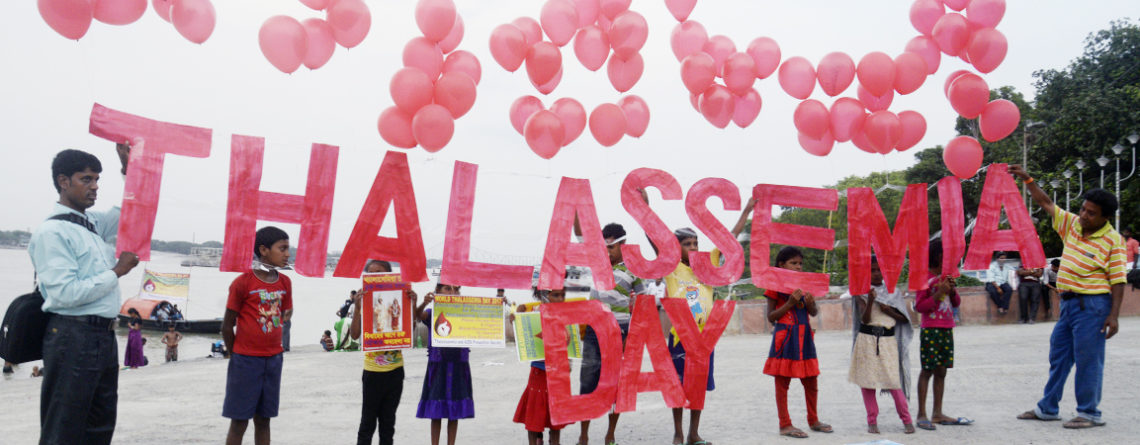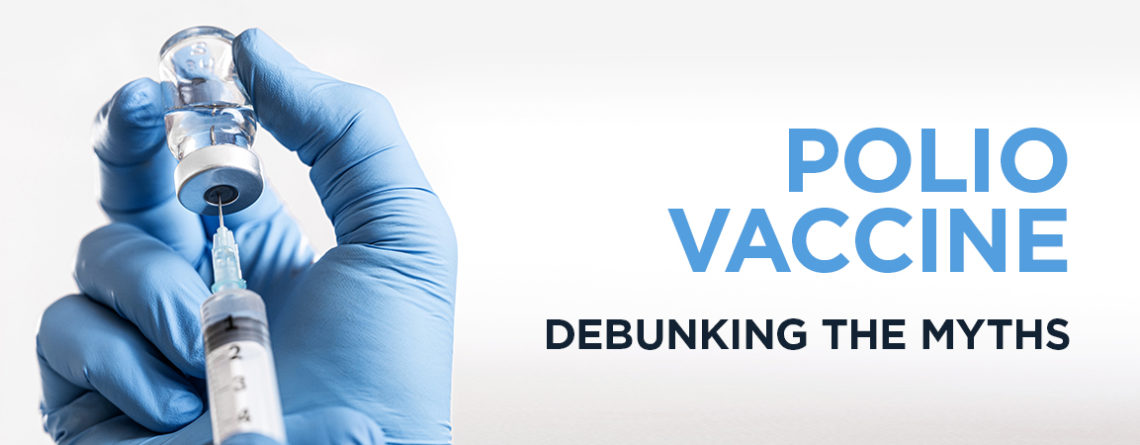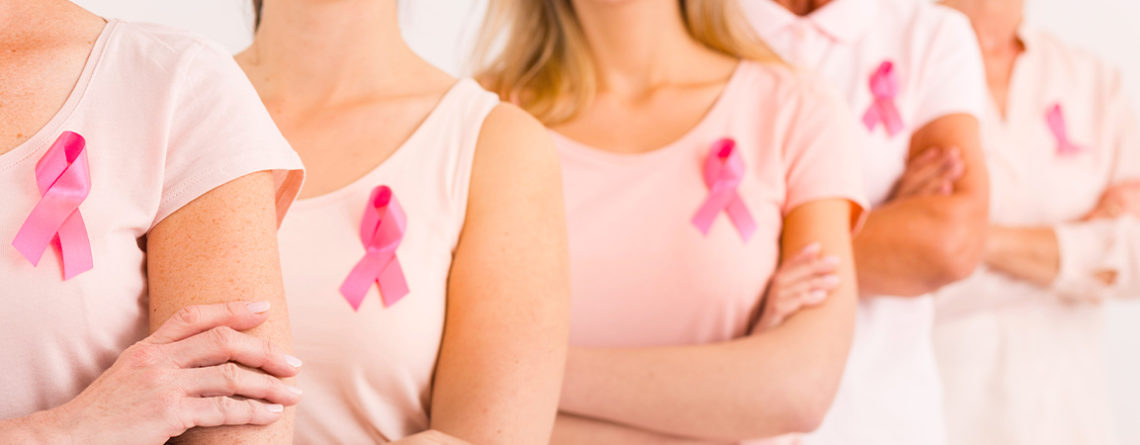Rising Cases of Thalassemia in Pakistan – What are the Reasons behind?
Thalassemia is a potentially life-threatening disease that remains a significant health concern in Pakistan. It is a blood disorder that affects the body's ability to produce healthy red blood cells. The disorder also reduces hemoglobin production, which means that people with this condition will have fewer red blood cells to carry oxygen to their organs. It also leads to the destruction of too many red blood cells, which leads to anemia. Thalassemia patients need regular blood transfusions and iron chelation. Qualified hematologists should be consulted in this case to diagnose the problem. However, thalassemia patients in Pakistan are unable to afford these treatments, making it hard for them to receive adequate care. Thalassemia Causes This disease is the result of mutations in a person's DNA. The mutations associated with the disease are passed to children from their parents. The proteins that makeup hemoglobin can be affected by mutations. If the production of either alpha or beta chains is reduced, then an individual has alpha-thalassemia or beta-thalassemia. Alpha-thalassemia is determined by the number of gene mutations the patient carries. The more mutated genes they have, the more severe the disease will be. In beta-thalassemia, the severity of the disease depends on which part of the hemoglobin molecule...







